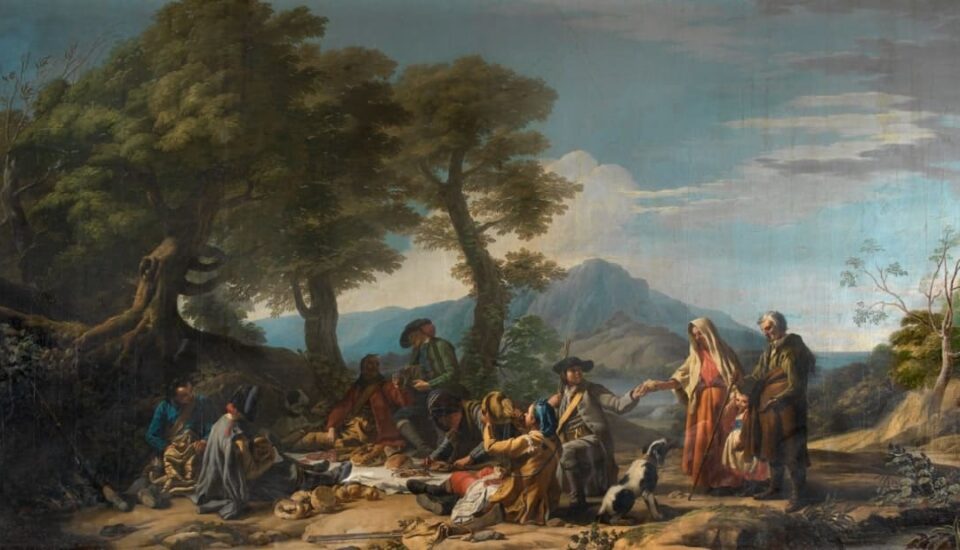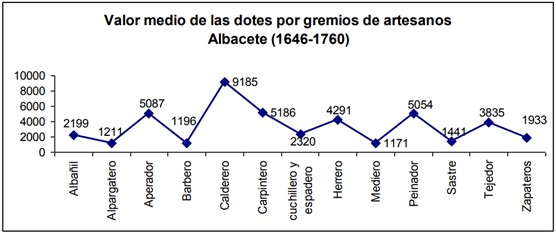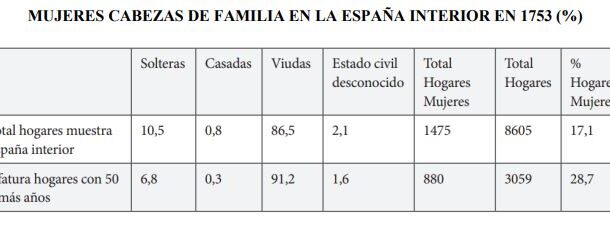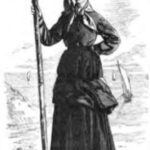The evolution in the city of Albacete of the marital status of the female head of household remained almost unchanged between 1787 and 1880. This structural stability reveals how family models and social customs were perpetuated after the transition from the Ancien Régime to the liberal political society. Female heads of household remained between 17% and 19% of the total number of families, with widows accounting for 82.3% of the female cases. The data show that family loneliness had a woman’s name; the condition of widows emancipated them from male guardianship.
Collection: Statistics
Project: 3. Rural world and urban world in the formation of the European identity., 4. Family, daily life and social inequality in Europe.
Chronology: XVIII, XIX
Scope: Secondary Education, Baccalaureate, University
Link: https://e-revistas.uc3m.es/index.php/REVHISTO/article/view/3697/2303
Resource type: Statistics
Format: Table
Source: García González, F. (2017) “Mujeres al frente de sus hogares. Soledad y mundo rural en la España interior del Antiguo Régimen”, en Revista de Historiografía, nº 26, p. 35.
Language: Spanish
Date: 2017
Owner: Pablo Ballesta Fernández (Modernalia)
Copyright: © Instituto de Historiografía "Julio Caro Baroja" de la Universidad Carlos III ©Francisco García González ©Seminario de Historia Social de la Población
Abstract: Loneliness had a woman's name. Evolution that shows the survival of customs between the Ancien Régime and liberalism.
Tags








